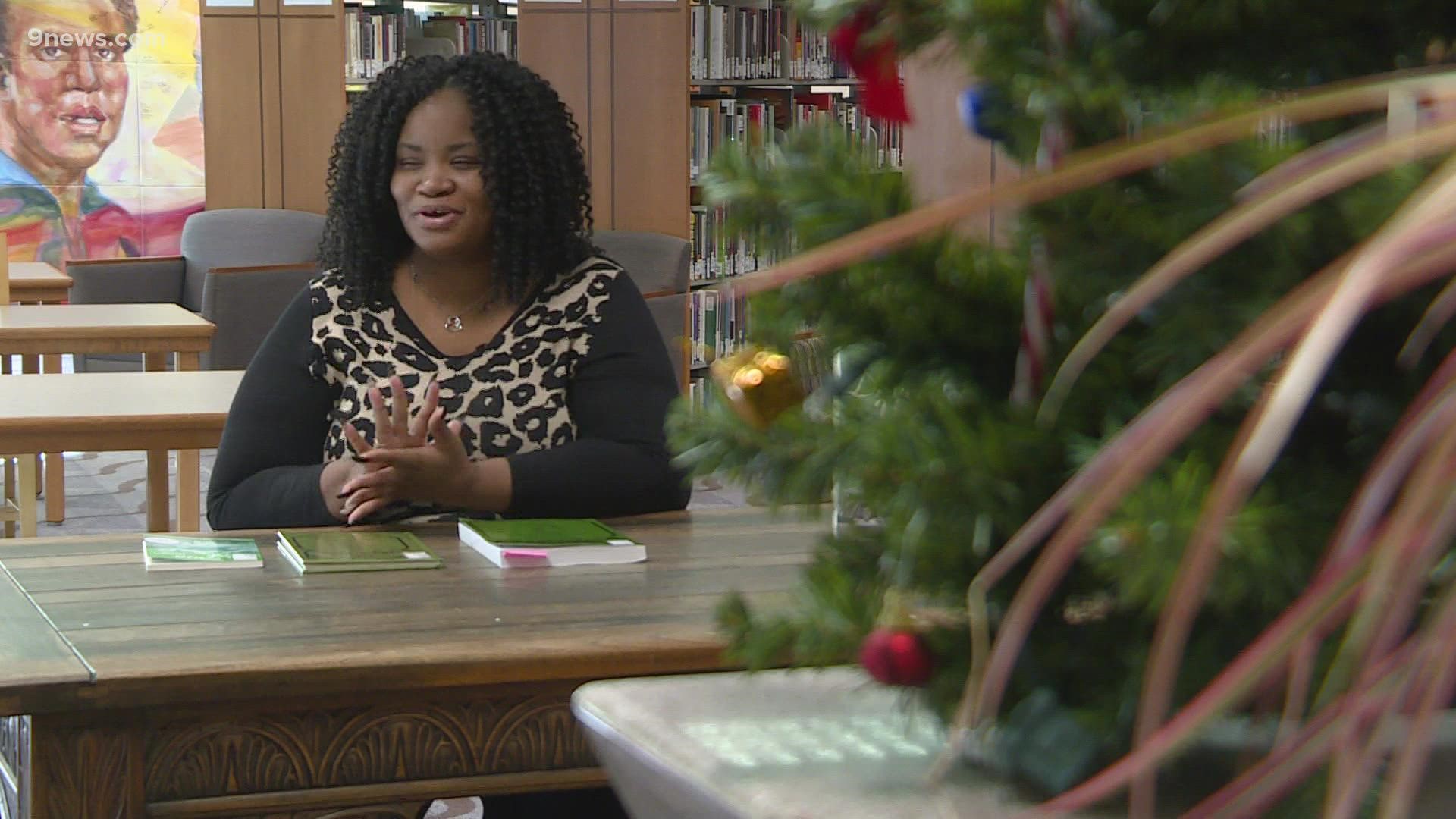BOULDER, Colo. — As Jemeka Lewis flips through pages of the past at the Blair-Caldwell African American Research Library, she can't help but reflect on the present. Friday afternoon, the senior librarian went through the library's archived reprints of The Negro Motorist Green Book. In 1936, U.S. postal worker Victor Hugo Green published the first edition of The Green Book as a guide for places and businesses welcoming to the Black community.
"I think about the present, I think about the prevalence of racism and discrimination and bigotry," Lewis said. "Although the discrimination may not be as blatant, there are still places where Black folks should not and really are not allowed warmly."
That's why Lewis could see an updated, modern day Green Book being useful for people in the Black community. Researchers at the University of Colorado Boulder found Black Twitter is just that and more.
"Both of them provided information sharing opportunities to the Black community," said Shamika Klassen, a doctoral student at CU Boulder. "There were some elements of social justice and even activism across the two."
Klassen and four other students (Sara Kingsley, Kalyn McCall, Joy Weinberg, and Casey Fiesler) published their research in October 2021. They collected posts from April through May of 2021, got over 75,000 tweets, and found a diverse digital community rooted in solidarity. Discussions happening on Black Twitter are as diverse as the Black community itself, Klassen said.
"The topics that happened on Black Twitter are more than just humor, hot takes, or social justice issues. There are conversations about politics, conversations about sports, conversations about education, parenting empowerment, self-care, the list goes on...that Black Twitter is not a monolith, just as the Black community is not a monolith."
Klassen, who led the research project, said the goal of this project was to look at how Black people appropriate, create, and imagine technology to survive and thrive. "This was an opportunity for me to look at how people have appropriated the Twitter platform which wasn’t necessarily created by or for Black people, but they’ve taken to that space and they’ve really made it their own," she said.
Researchers relied on the definition from André Block, a college professor in Georgia, which Klassen described as "a space on Twitter in which Black people coalesce around Black identity, Black culture."
It's an online space where the Black community can connect with each other to share similar experiences, helpful resources, social justice/activism movements, etc. While it can be an experience full of joy and empowerment, Klassen said it can also be a space filled with pain and trauma from present injustices as a result of systemic racism.
Lewis called the research groundbreaking and believes it will help lay more ground work for future research in these areas.
"The influence of Black Twitter is undeniable," Lewis said. "It’s undeniable and historians, librarians, archivists, we are taking note of that, and we’re actually trying to come up with ways of how we can preserve that history and that culture that comes with Black Twitter too."
Klassen is now working on more research surrounding ethical research of marginalized communities in social and public spaces.
"It’s [Black Twitter] a really beautiful place, it’s almost a sacred space, in which people are fed, they’re brought joy, and what I don’t want to do is put a spotlight on it so that people hone in on it in a negative way, but really I want to celebrate it and show that this is really a special place," Klassen said.
RELATED: Denver based organization works to increase Native American college student enrollment nationwide
SUGGESTED VIDEOS: Voices of Change

